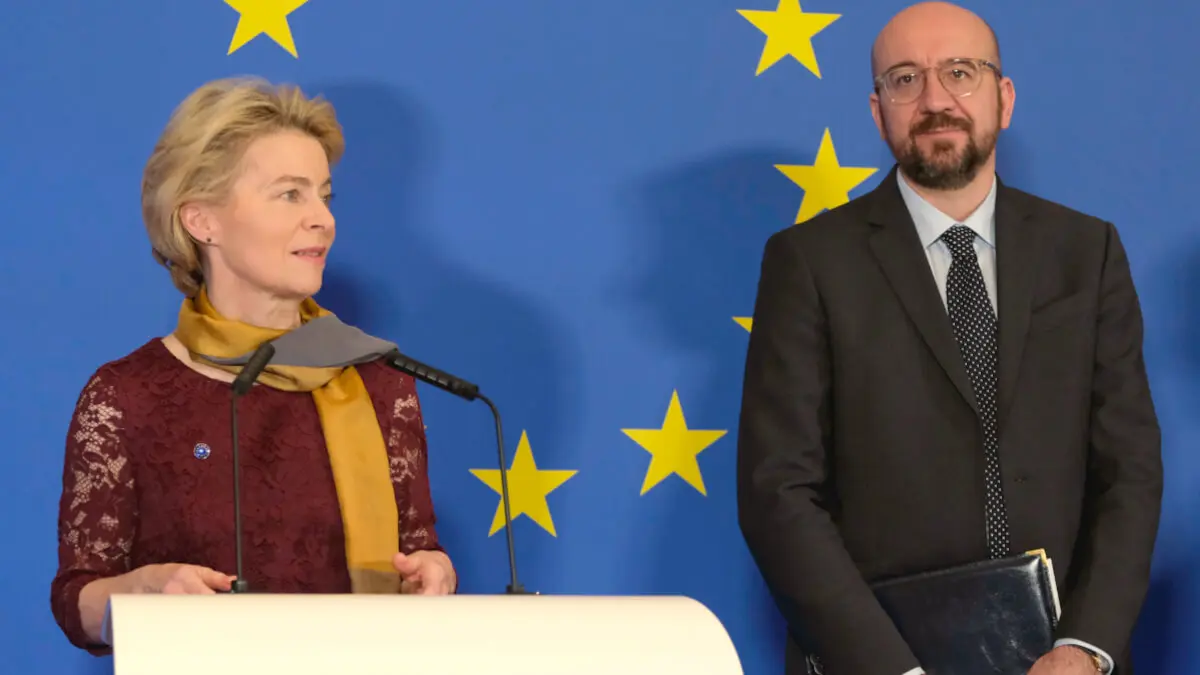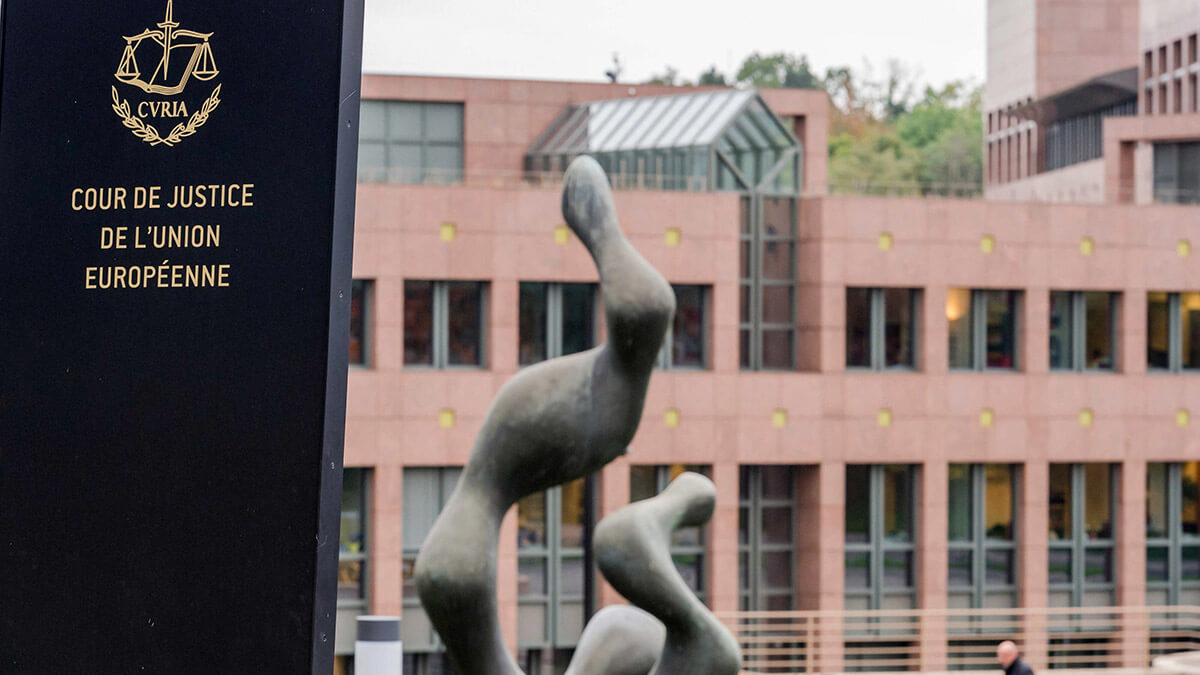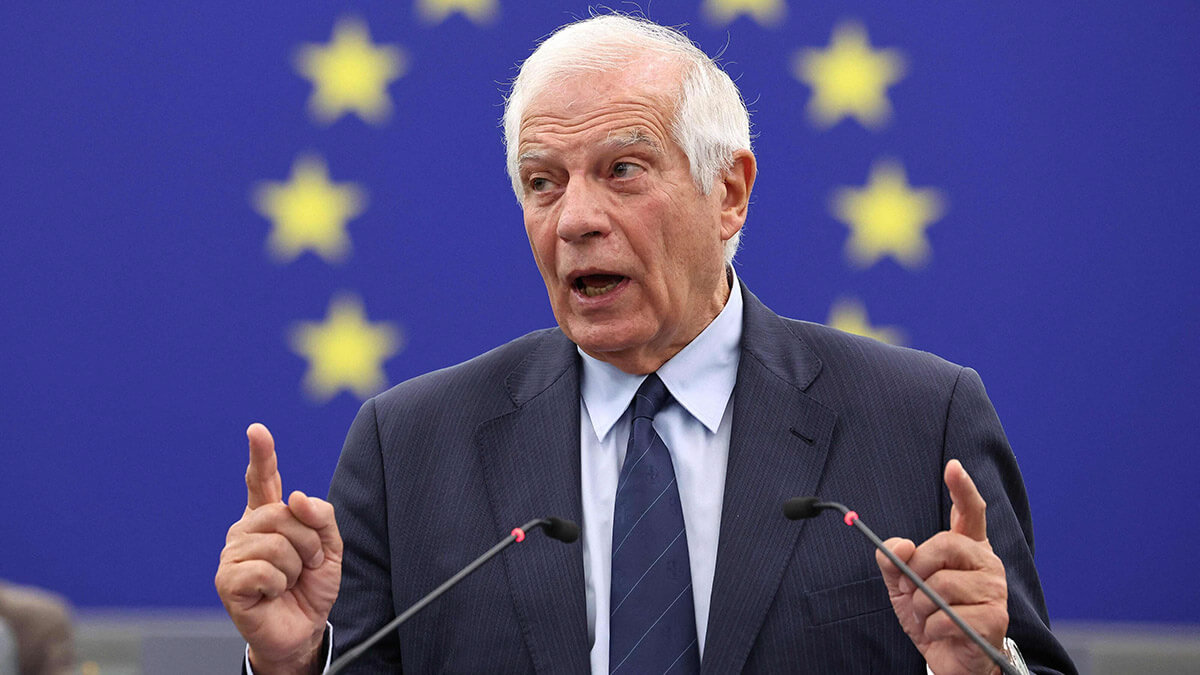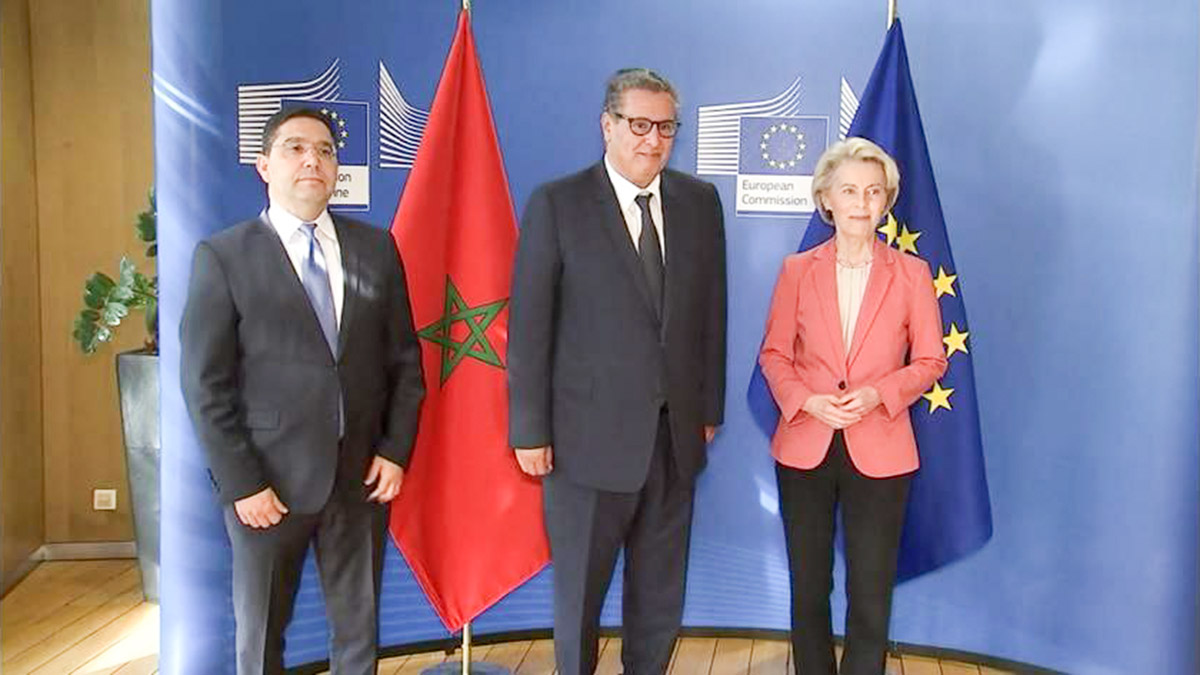The European Council reaffirms the ‘great value’ of Morocco

Following the ruling of the Court of Justice of the European Union (CJEU) on the fisheries and agricultural agreements between the European bloc and Morocco, the European Council, which includes the heads of state and government of the 27 EU member states, confirmed at its summit in Brussels the ‘great value’ that the EU attaches to the strategic partnership with Morocco.
The European Council also reaffirmed the need to maintain and further strengthen close relations with the Alawi country in all areas of the Morocco-EU partnership. Since the CJEU decision a fortnight ago, this is the third occasion on which the EU has reaffirmed this commitment at the highest level.

‘The European Council reaffirms the high value the EU attaches to its strategic partnership with Morocco and reiterates the need to preserve and further strengthen a close relationship with Morocco in all areas of the partnership,’ states the text drawn up by the 27 members of the Council.
In a joint declaration, the President of the European Commission, Ursula Von der Leyen, and the EU High Representative, Josep Borrell, reaffirmed the bloc's commitment to maintain and strengthen close relations with Morocco in all areas, as appropriate in accordance with the principle of ‘pacta sunt servanda’.
Borrell confirmed that the EU is committed to maintaining long-standing relations with Morocco which have spanned more than 55 years.

This commitment was reaffirmed this week by the EU foreign policy chief, who chairs the EU Foreign Affairs Council, emphasising the ‘enormous importance’ the EU attaches to the strategic partnership with Morocco. The ministers valued ‘the intention to continue and increase’.
Meddling by outsiders in contracts between Morocco and the European Union and vice versa should not go too far. The European countries have shown their support for Morocco as a direct response to the pressure exerted by Algeria, by summoning the ambassadors of 12 countries that supported Morocco following the judgments of the EU Court.

With these statements, the Council intends to send a clear and political message: the incursion of third countries - Algeria - in order to exert pressure and interfere must be stopped immediately.
In this way, the 27 heads of state have unanimously and forcefully responded to the decisions taken by the CJEU. In other words, the European Council has agreed with Morocco, despite the fact that both must abide by the decisions of the courts, which, in this case, favoured the position of the Polisario Front, i.e. Algeria, which ‘represents’ 20% of the total Saharawi community.








